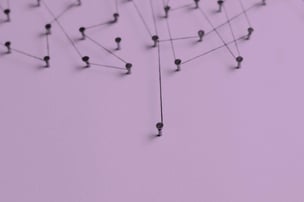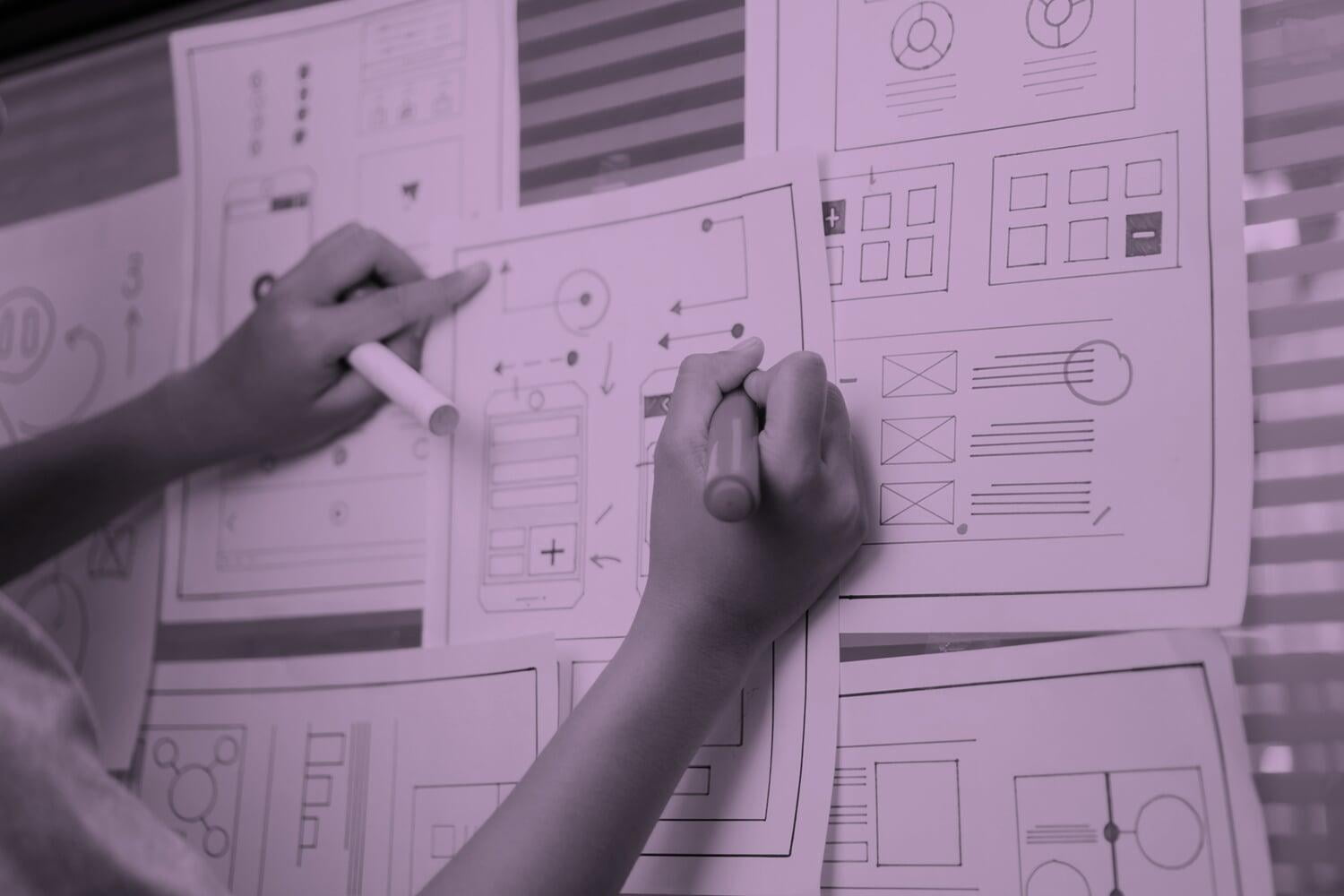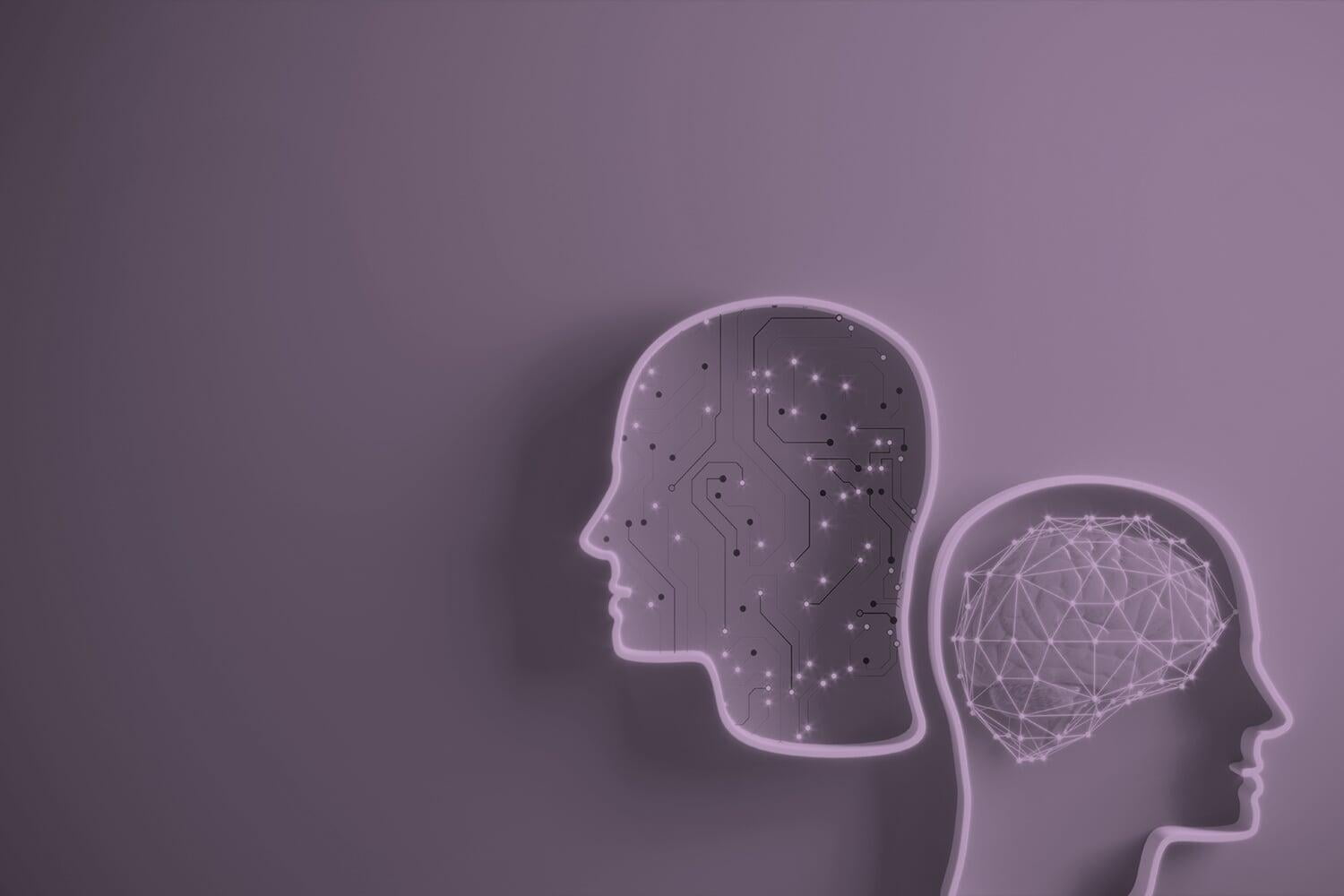A SCHOOL FOR TOMORROW
Academic Development
What is academic development? The formal process through which we acquire the knowledge, skills, dispositions, and learning habits for success is situated in our enrolment, progress and eventually qualification in an academic institution such as school, college, and university. While informal learning is important to the development of our whole person, there are considerable practical benefits to optimising our academic growth through the choices we make.

FORMAL ACADEMIC DEVELOPMENT AND INFORMAL LEARNING
There are many things that we learn in life. Some of the lessons that we learn come incidentally from our lived experience. They happen along the way, quite often without a set intention on our part or without being part of the formal curriculum in a course of study in an academic institution. People will often talk about these lessons as being learned in “the school of life” or, if they arise from a situation of adversity, “the school of hard knocks”. The character and competencies that we gain from such learning are important and they will have a bearing on our development in a formal academic setting, as well as how we learn, live, lead and work throughout our lives.
Nonetheless, it is clear that we have much to gain from our participation in the formal process that has been designed to help us to learn as much and as well as we can. Whether we are at school, college, university or some other institution that is intended to provide us with a program of learning that will equip us for later in life, every one of us can benefit from academic development of our competencies. What we know and do, who we are becoming and our learning habits are formed deliberately and progressively in a community of inquiry and practice. We are surrounded by people who work with us to help shape us as people and support our hopes and aspirations. Our society expects people to do well at school; even though it isn’t essential to get good grades to achieve success later in life, doing well academically certainly can make The Pathway to Excellence a lot easier along the way.
“The longest lasting outcome of schooling won’t be your marks or ranks. It will be the moment you stop amidst the mere bric-a-brac of the things you are doing while you are learning and feel your mind come alive.”
Mark Hutchinson
ACADEMIC GROWTH AND SUCCESS
We need to learn that it is our attitude towards growth and success that is the most important single factor in our academic development.
We are each born with a certain degree of potential in a range of different areas. To a certain extent, it doesn’t really matter what this potential is or where it lies, as we all have gifts and talents that we can share with others. These give us an opportunity to go on a journey to find out more about ourselves, what we really enjoy, and what we are good at doing. Our potential can be realised or not, depending on what we are willing and able to do with it. Sometimes circumstances will help us to learn and achieve, while on other occasions they may provide barriers to our progress. It might be helpful to think about going on a hike. We are all wearing a backpack. Some of us are carrying more in our packs that might weigh us down and make the journey more difficult. Yet the journey still needs to be completed.
We are also equipped with brains that remain plastic and capable of learning throughout almost all of our lives. This means that we can all continue to grow and develop in our learning throughout our lives. We will all have many opportunities to change the course of our lives because of the results of both our formal academic development and also our informal learning. We will, most likely, want to achieve many things, some of which will come our way and some of which will not, something which of itself is very helpful for us. Achieving certain marks or rankings will have an influence on the specific opportunities that may become available at a certain point in time. Yet it is important for all of us to understand that while aiming high and working hard to gain access to these opportunities is something that is beneficial for all of us in terms of our academic development and the development of our whole person, marks and rankings are simply milestones along our journey. They are not who we are and should never come to define us.
We must, therefore, learn how to hold two attitudes simultaneously in our heads and in our hearts. We need to be determined and diligent in pursuit of our academic goals. At the same time, we also need to be able to place these goals and the degree of success we encounter in achieving them in perspective. In the right context, they are powerful motivators and indicators but they do not, of themselves, tell us that much about the worth of a human being. There is much more to that than a set of grades. In the end, if we work hard and make mostly wise choices along the way, we will end up with the marks we deserve. These will help us to make choices about what comes next in our learning, living, leadership and work. They may well provide access in one respect and impose limitations in another. They do have an influence on the trajectory of our lives, but what is much more important is how we grow as a person in our character and the success we have in applying the competencies we have acquired in our formal academic development to our lives, especially in how we connect with and support the people around us by developing a sense of purpose that goes beyond our own needs. It is in our relationships and service to others, therefore, that our academic development will find its best use.
ENJOYING THE ACADEMIC STRETCHING
Human beings were created to learn. Every one of us instinctively enjoys success at learning; we also shy away from perceived failure. It is normal and natural for us to give up quickly the pursuit of something for which we feel we are not equipped. In the long run, it may well be wise for us not to over-invest our hopes and resources in activities for which we are simply not suited. Sometimes, we will make good choices to go one way rather than the other with what we choose to spend our time and efforts learning. Yet this is very different from giving up too early. When we make a call too early on whether or not we are likely to succeed, we limit our capacity to fulfil our potential for growth and development. Giving up feeds our natural desire for instant gratification and channels us towards that which we already know.
You will most likely have heard from your teachers and coaches of the “comfort zone” and the “challenge zone”. All of us need to learn how to move from the familiar and stretch ourselves into the unfamiliar. We need challenge in our lives because through challenge and adversity comes growth in character and competency. They also develop in times of comfort and security which we also need. Challenge helps us to step into the next zone, the zone which we might come to inhabit and master over time. When we do this, we need to be careful about stepping too far and doing too much too soon. We can expect too much of ourselves at first. Usually, we can see what we want to do and the standard to which we want to do it. This may well have been modelled for us by an expert and we can naturally assume that we can do it first time. We can hold up this result in our minds as what we must do right now.
Instead, we need to stretch our academic development out into smaller and more manageable steps. Our competencies are built, for the most part, in layers of knowledge, skills, dispositions and learning habits that are acquired over time. We move from being novices to experts over months and years, not hours and days. Gradually, we become better at doing what we do faster and with greater accuracy. We learn how to make choices and apply our competencies to an increasing range of opportunities and contexts. We design more successful solutions using the confidence that comes from our experience and the creativity that this confidence unleashes in us.
All the while, we are stretching ourselves academically because we have taught ourselves that this is the best way to go. We do not make excuses and blame others for what we see as a deficiency that they may have caused – even if they did! Our teachers and mentors are very influential on our development. They can help us to build relationships of apprenticeship where we can learn the character we need to succeed on our journey. They can reveal for us what lies ahead and can model for us the competencies that we want and need to attain if we are going to make progress and be well as we do it. They can coach us towards growth and development by helping us to break down a whole into its constituent parts, showing how each one works and how they fit together. They can provide us with structures that help us to put things together for ourselves. Our friends and colleagues are also very important. They can give us the support and encouragement we need to help us to believe in ourselves. They can help us to sustain the right learning culture of aspiration, kinship, and pathways to success that inspires, nurtures and challenges us to grow and to succeed.
Yet other people can’t do the work for us, and they can’t be the ones who decide to defer the illusion of the immediate reward in favour of long- term growth and happiness. We need to learn how to make immediate challenge into long-term reward by enjoying the academic stretch. We need to prepare ourselves for the process ahead. We need to map out a plan for how we will stretch ourselves and where this might take us. We need to learn the positive and healthy habits of mind and heart that will help us to see through the difficulty and persevere until the good times return. We need to make continuous learning and growth our personal quest on the lifelong journey that is The Pathway to Excellence.
LOCATING ACADEMIC DEVELOPMENT IN OUR LIVES
In the end, we believe that everyone can learn and achieve success in a formal academic setting such as school, college, and university by:
- Building your academic program – how you manage your process of enrolment or entry into a course and how you design it to match your best understanding about what you enjoy and what you are good at doing
- Adopting an approach to establishing and maintaining your academic progress – how you set goals and create personal habits that will result in a routine that is more likely to help you to meet course requirements and achieve the results that you deserve
- Working through the best ways to boost your disposition towards study – how you make specific choices about what you will and will not do to maintain a positive approach towards taking responsibility for your learning in your academic program
- Locating your academic development within a practical approach to your academic grades and qualifications – how you place what you are learning and achieving in your academic program within the context of what you will need to maximise your choices later in your life







